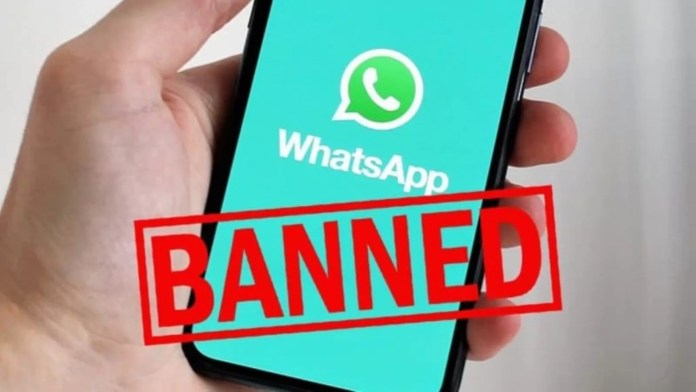- Officials promote a new state-controlled platform, MAX, that promises “seamless integration with government services.
- WhatsApp and Telegram had been lifelines for secure conversations — protected by end-to-end encryption that kept prying eyes away.
It was a warm August evening in Moscow when Anna tried to call her brother in St. Petersburg on WhatsApp. The familiar ringing tone never came — instead, just a faint metallic buzz, then silence. She frowned, checked her internet, and tried Telegram instead. No luck.
Across the city, millions were having the same problem. For years, WhatsApp and Telegram had been lifelines for secure conversations — protected by end-to-end encryption that kept prying eyes away. Now, suddenly, voices were going silent.
The official explanation came swiftly:
The government accused these foreign-owned platforms of refusing to share user data with law enforcement — data they said was vital for fighting fraud and terrorism. Until they complied, calls would remain disrupted.
Messages, voice notes, and text chats still worked for now, but video and voice calls were becoming painfully unreliable.
Digital sovereignty
Behind the scenes, though, the situation was bigger than just phone calls. Since the war in Ukraine, Moscow had been building a tighter, more controlled internet — what they called “digital sovereignty.” Facebook and Instagram were gone. YouTube’s speed had been choked to a crawl. Now, the crackdown was hitting messaging apps.
Officials were promoting a new state-controlled platform, MAX, that promised “seamless integration with government services.” Politicians urged citizens to migrate there, touting its convenience. Critics whispered that MAX would track everything users did and said.
In July, surveys showed just how beloved these “foreign” apps still were: 97 million Russians used WhatsApp every month, 90 million used Telegram. The scale of the call restrictions meant virtually every household felt the impact — from friends catching up, to parents calling children abroad.
Rights groups called it deliberate throttling, the latest step in carving out a Russian internet walled off from the rest of the world. Officials called it security. WhatsApp vowed to keep encrypted communication alive “for people everywhere, including Russia.” Telegram insisted it was fighting harmful content daily.
Anna didn’t know about the political statements, or the public data. She just wanted to talk to her brother. That night, after trying in vain once more, she sighed and typed him a message instead:
“Call’s not working again. I’ll try tomorrow.”
Tomorrow might come — but for Russians like Anna, the days of easy, private calling were already fading into the past.
Countries that have blocked WhatsApp
- China — WhatsApp has been blocked since 2017 as part of the Great Firewall, pushing users to domestic alternatives like WeChat.
- North Korea — Generally inaccessible due to the country’s heavily restricted internet; major foreign platforms are banned.
- Iran —Imposed bans and intermittent restrictions, especially during periods of unrest.
- Syria — Reported as banned/restricted in government-controlled contexts as part of broader censorship.
- United Arab Emirates — Texting works, but VoIP (voice/video) calls are blocked as a policy; some temporary allowances occurred during events like Expo 2020.
- Qatar — VoIP calls restricted; messaging still works.
- Some reports add Saudi Arabia and Egypt as places where WhatsApp voice/video calls have been restricted at times, while texting remains available; enforcement has varied over time and by carrier.
Discover more from TechChannel News
Subscribe to get the latest posts sent to your email.




